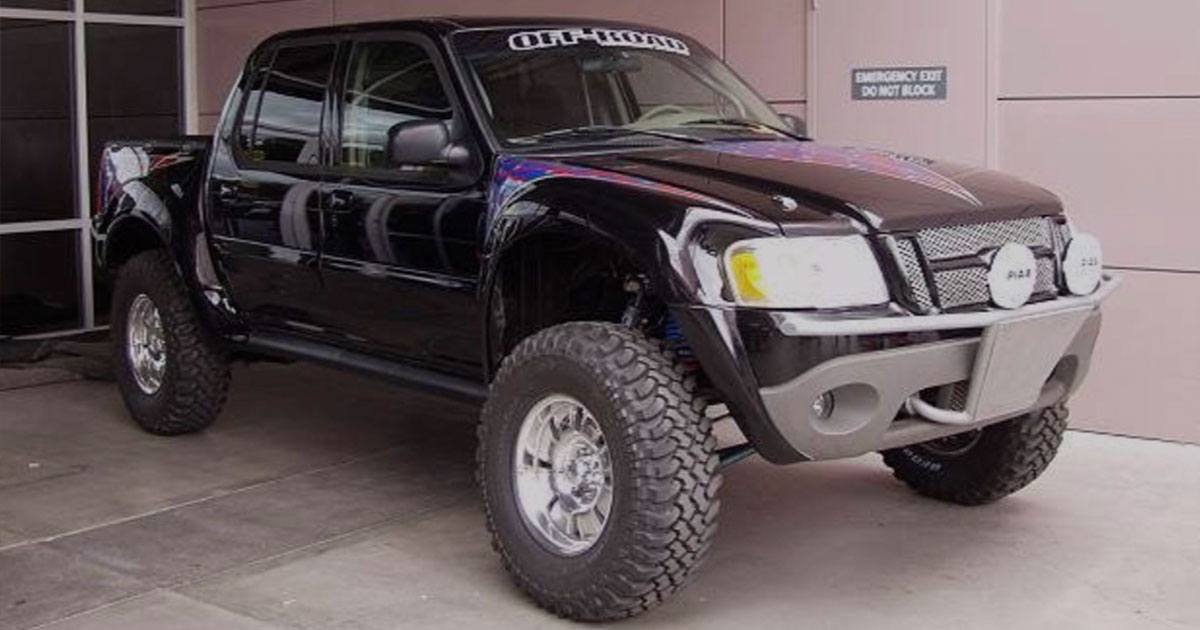The Sport Trac Was Too Ahead Of Its Time!

Sometimes, the brilliance of innovation only becomes apparent in hindsight. Manufacturers often find themselves ahead of their time, introducing groundbreaking models that may not receive due recognition until years later. Whether pioneering new approaches or incorporating overlooked features, these vehicles can emerge as cornerstones of automotive history. Unfortunately, this might not be profitable in the present but could very well be a building block for what’s to come.
Ford, a company renowned for pushing boundaries, explored new design and engineering avenues around the turn of the century. One such example was the Ford Explorer Sport Trac, a bold departure from conventional pickup trucks that showcased Ford’s willingness to be creative.
Sport Trac, true to its name, utilized Ford Explorer’s framework, boasting a familiar cab upfront in its design. Yet, instead of the Explorer’s cargo area, Sport Trac extends a pickup truck bed, offering 4 feet, extendable to 6.
Positioned as a middle ground between the agile Ford Ranger and the robust Ford F-Series, the Sport Trac offered a unique blend of versatility and functionality. Despite its promising premise, its time in the spotlight proved brief, with production limited and its presence fleeting.
Yet, looking back, we can appreciate the Sport Trac for its pioneering spirit and innovative features. In the early 2000s, it stood out for its forward-thinking design and thoughtful amenities, elements that set it apart from competitors and offered consumers a refreshing alternative in the pickup truck market.
From a modern perspective, the Sport Trac emerges as a testament to Ford’s commitment to innovation and willingness to explore unconventional paths. While its tenure may have been short-lived, its impact resonates through the lens of automotive history, reminding us of the power of daring to be different.

